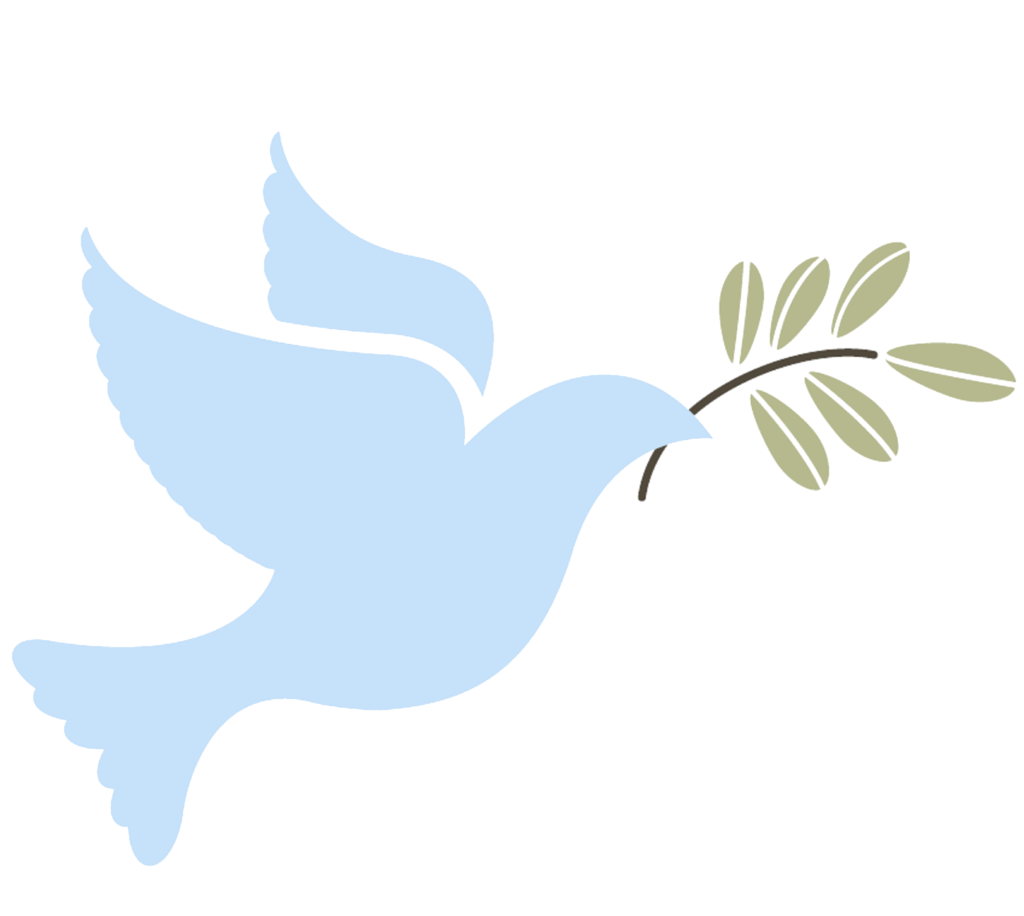
Pan-Continental Global Ground: Our Africa
A cooperative framework for reconstruction, resilience, and regional renewal.
Care to Change the World

Introduction
Africa is a continent of contrasts—rich in resources, culture, and human potential, yet burdened by structural inequalities, conflict, and underdevelopment. The PCGG framework recognizes these realities not as barriers, but as starting points for transformation. In Africa, PCGG is not a reform agenda—it is a reconstruction strategy.
The African implementation of PCGG is designed to operate in fragile, post-conflict, and high-poverty environments. It offers a governance model that is both resilient and inclusive, capable of functioning where traditional institutions have failed or fractured. Through its five institutional components, PCGG Africa will support countries, regions, and communities in building systems that are locally grounded, socially equitable, and globally aligned.
Education for a New Generation
INWE Africa will address one of the continent’s most urgent needs: relevant, accessible, and future-oriented education. It will integrate vocational training, digital literacy, and cooperative values into a unified system that prepares youth not just for jobs, but for leadership in a new economy. In post-conflict zones, INWE will also serve as a tool for reintegration and healing, offering pathways out of marginalization and into meaningful participation.
About PCGG Africa
PCGG Africa is not a one-size-fits-all model. It is a flexible framework that adapts to the continent’s diverse political, economic, and cultural landscapes. Its five institutional pillars—CSIEP Africa, CUWE Africa, CEIU Africa, LEU Africa, and INWE Africa—are designed to function in both stable and fragile states, urban centers and rural peripheries, formal economies and informal sectors.
- CSIEP Africa will support the emergence of political platforms focused on impact, not ideology—especially in countries where traditional party systems have lost legitimacy.
- CUWE Africa and CEIU Africa will create new spaces for dialogue between workers, entrepreneurs, and employers, replacing conflict with cooperation.
- LEU Africa will anchor implementation at the local level, empowering communities to co-govern and co-invest in their own development.
- INWE Africa will rebuild education and employment systems from the ground up, with a focus on vocational training, digital inclusion, and youth empowerment.
These institutions will be supported by the Agenda 74 Agency, in partnership with GSIA, AFSL, and regional economic communities (RECs) such as COMESA, EAC, and ECOWAS.
Mission and Vision
Mission:
To implement the PCGG framework across Africa in a way that is conflict-sensitive, equity-driven, and locally owned—supporting reconstruction, resilience, and inclusive governance.
Vision:
An Africa where communities are not passive recipients of aid, but active architects of their future. Where politics is measured by outcomes, not allegiances. And where the economy serves the people—not the other way around.
Strategic Goals
PCGG Africa aims to establish a network of national and subnational institutions that can operate even in fragile or transitional contexts. Its goals include:
- Launching pilot programs in countries with high reform potential and strong local partners.
- Supporting post-conflict reconstruction through cooperative governance and inclusive economic models.
- Building cross-border platforms for labor mobility, cooperative trade, and regional integration.
- Aligning all activities with Agenda for Social Equity 2074, the African Social Label (AFSL), and the development priorities of the African Union and RECs.

Expected Impact
The impact of PCGG Africa will be multidimensional—spanning governance, economy, education, and social cohesion. It is not a short-term intervention, but a generational shift in how institutions are built, how power is shared, and how development is pursued.
Rebuilding Trust in Governance
In many African contexts, the legitimacy of public institutions has been eroded by conflict, corruption, or exclusion. PCGG Africa will restore trust by embedding governance in local realities. Through LEU structures, communities will gain direct influence over planning, budgeting, and service delivery. This participatory model will not only improve outcomes—it will rebuild the social contract from the ground up.
Economic Inclusion and Cooperative Growth
CUWE and CEIU will transform adversarial labor relations into cooperative economic development. In regions where informal economies dominate, CUWE will provide structure, protection, and pathways to formalization. CEIU will support employers in aligning business practices with social equity goals. Together, they will create a new economic logic—one that values dignity, sustainability, and shared prosperity over extraction and short-term gain.
Education for a New Generation
INWE Africa will address one of the continent’s most urgent needs: relevant, accessible, and future-oriented education. It will integrate vocational training, digital literacy, and cooperative values into a unified system that prepares youth not just for jobs, but for leadership in a new economy. In post-conflict zones, INWE will also serve as a tool for reintegration and healing, offering pathways out of marginalization and into meaningful participation.
Resilience in Fragile and Post-Conflict States
PCGG Africa is designed to function in environments where traditional development models fail. Its modular, cooperative structure allows for implementation even in fragile states, refugee-hosting regions, and areas recovering from war or famine. By embedding institutions at the local level and linking them to regional and continental frameworks, PCGG creates resilience through redundancy, adaptability, and shared ownership.
Continental Integration and South-South Cooperation
Through its alignment with AFSL, GSIA, and regional economic communities, PCGG Africa will strengthen continental integration. It will facilitate cross-border cooperation in areas such as labor mobility, cooperative trade, and shared infrastructure. This will not only enhance economic resilience but also foster a sense of continental solidarity—Africa developing with Africa, for Africa.
A New Narrative for Africa
Perhaps most importantly, PCGG Africa will contribute to a new continental narrative. One that does not define Africa by its deficits, but by its capacity to innovate, cooperate, and lead. A narrative where governance is not imposed, but co-created. Where development is not delivered, but built from within. And where the future is not inherited, but authored—by communities, cooperatives, and citizens working together.

